"The international aviation industry has failed to meet all but one of 50 of its own climate targets in the past two decades, environment campaigners say.
A report commissioned by the climate charity Possible assessed every target set by the industry since 2000 and found that nearly all had been missed, revised or quietly ignored. The charity says the findings undermine a UK government plan to leave airlines to reduce their emissions through self-regulation.
Leo Murray, Possible’s director of innovation, said: “This forensic investigation shows just how implausible and credulous the government’s jet-zero strategy is shaping up to be. How can we credibly expect this industry to overdeliver on emissions reduction when they’ve never met any of their previous climate targets?
“It’s clear that we need to demand reduction via a frequent flyer levy, which would discourage the frequent flying by a small group of people which makes up the bulk of emissions from planes.”
Continue reading article online (subscription may be required)
Copy of the full report available -> https://www.wearepossible.org/latest-news/for-20-years-the-aviation-has-missed-all-but-one-of-their-sustainability-targets
"The world’s biggest fossil fuel firms are quietly planning scores of “carbon bomb” oil and gas projects that would drive the climate past internationally agreed temperature limits with catastrophic global impacts, a Guardian investigation shows.
The exclusive data shows these firms are in effect placing multibillion-dollar bets against humanity halting global heating. Their huge investments in new fossil fuel production could pay off only if countries fail to rapidly slash carbon emissions, which scientists say is vital.
The oil and gas industry is extremely volatile but extraordinarily profitable, particularly when prices are high, as they are at present. ExxonMobil, Shell, BP and Chevron have made almost $2tn in profits in the past three decades, while recent price rises led BP’s boss to describe the company as a “cash machine”.
The lure of colossal payouts in the years to come appears to be irresistible to the oil companies, despite the world’s climate scientists stating in February that further delay in cutting fossil fuel use would mean missing our last chance “to secure a liveable and sustainable future for all”. As the UN secretary general, António Guterres, warned world leaders in April: “Our addiction to fossil fuels is killing us.”
Continue reading article online (subscription may be required)
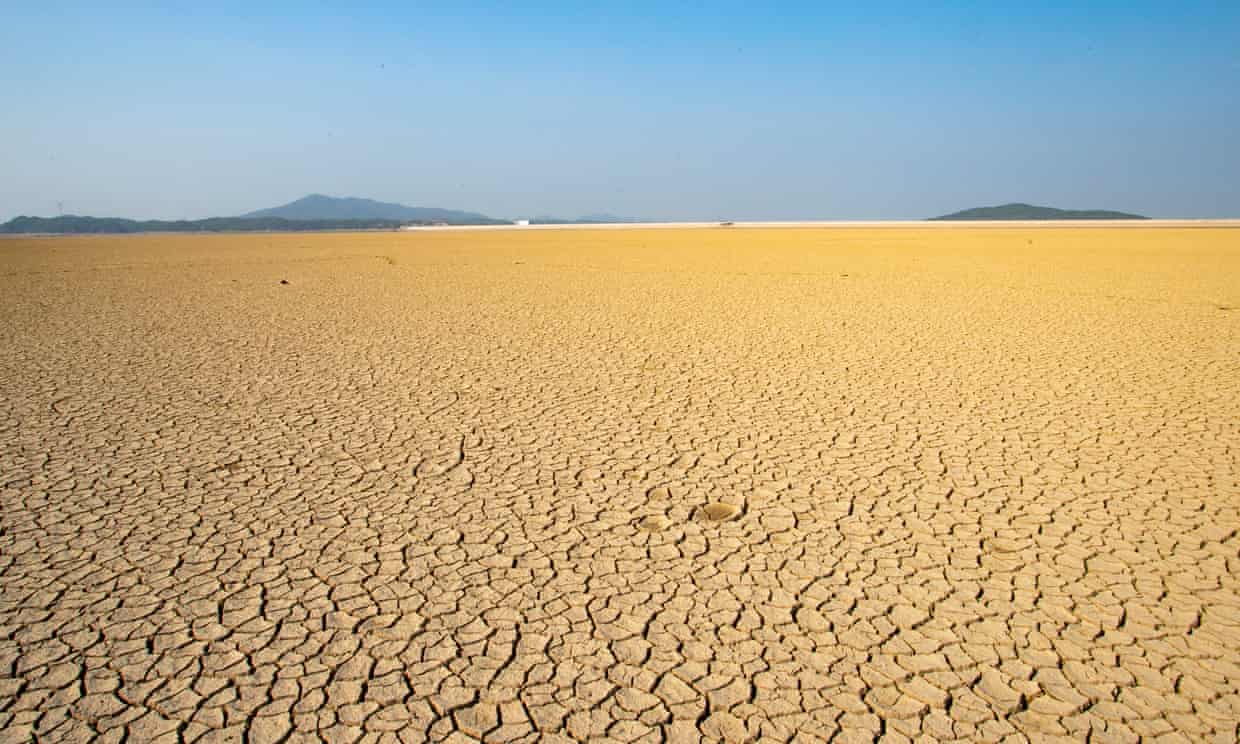

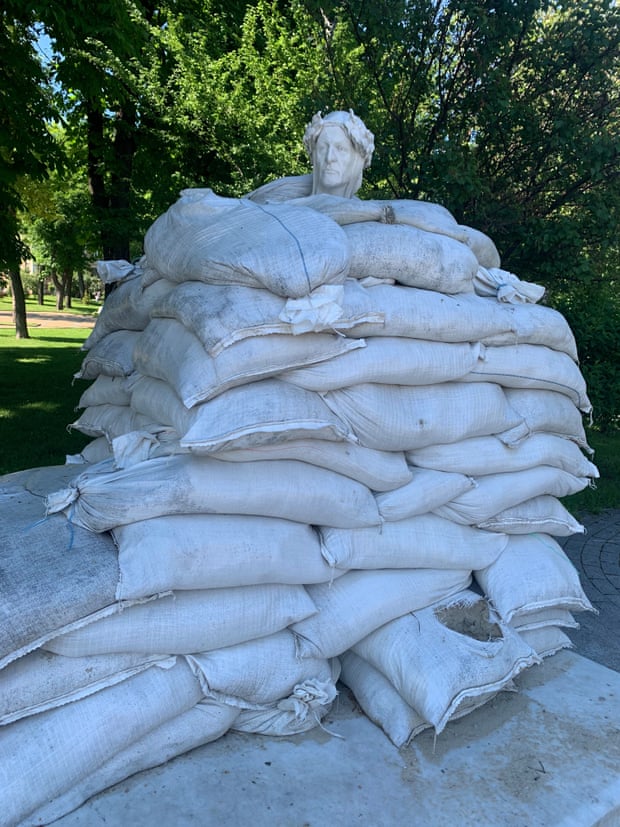
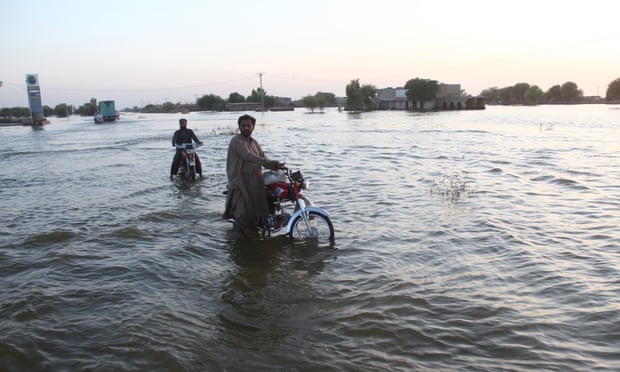
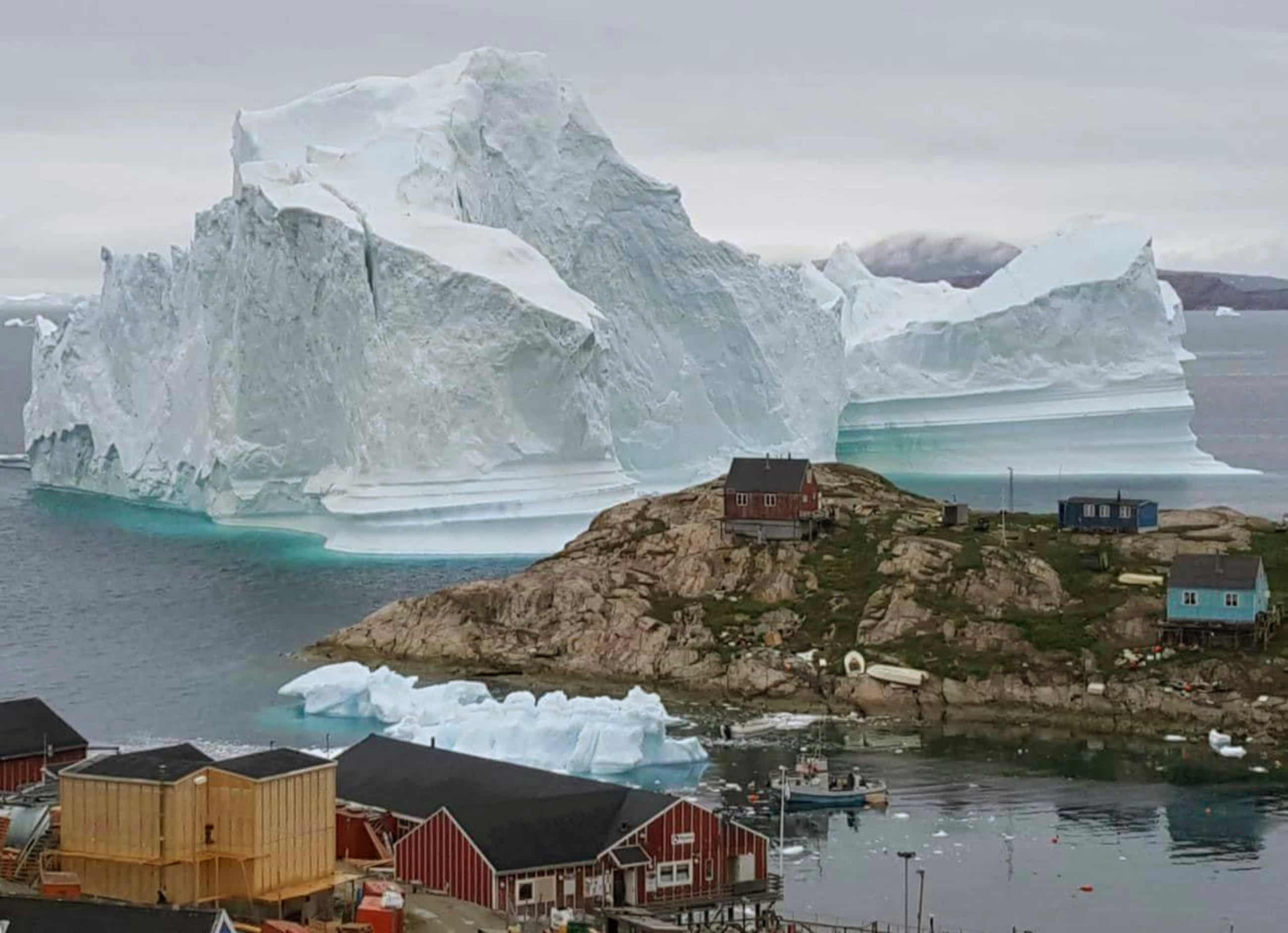
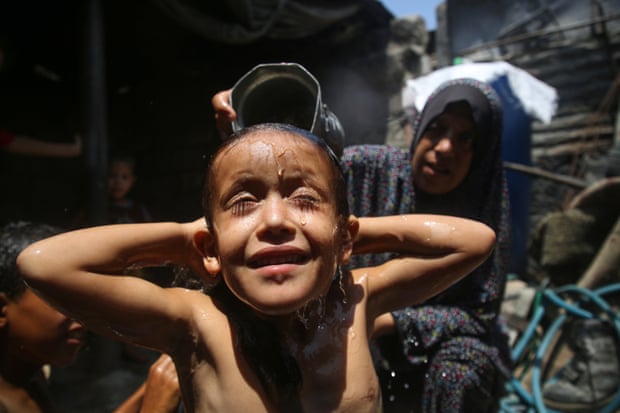
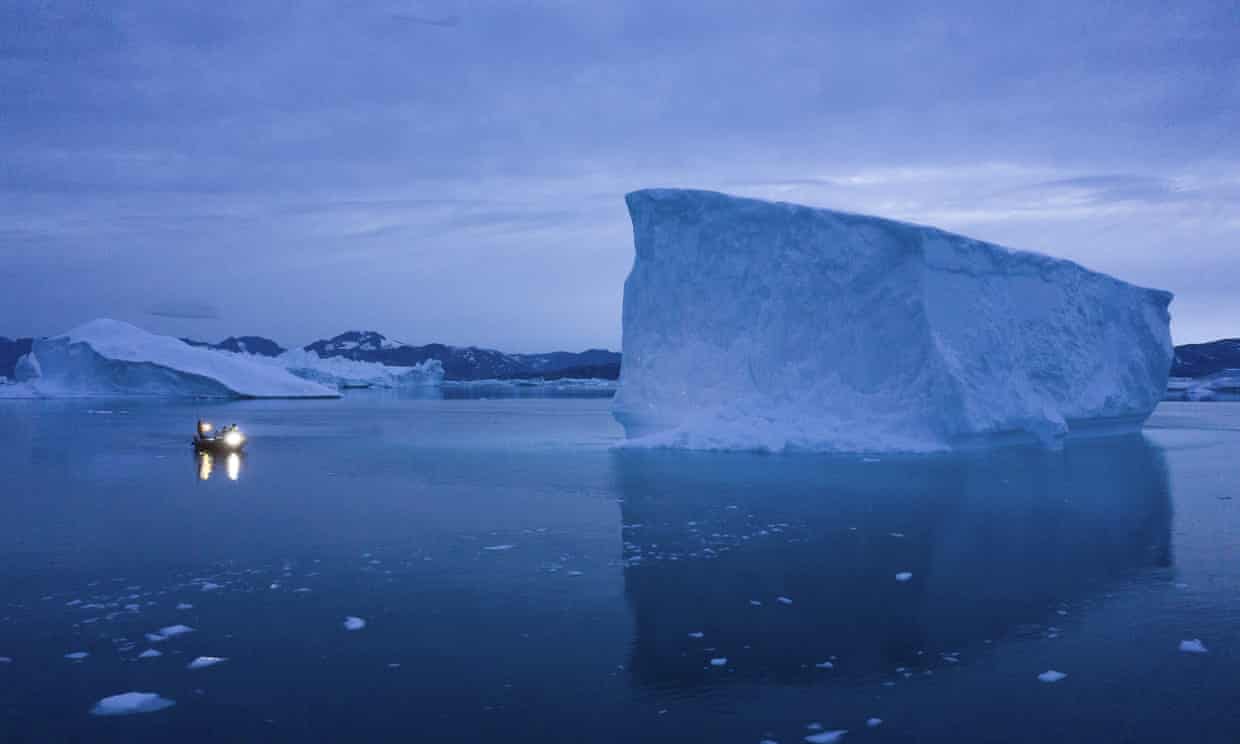

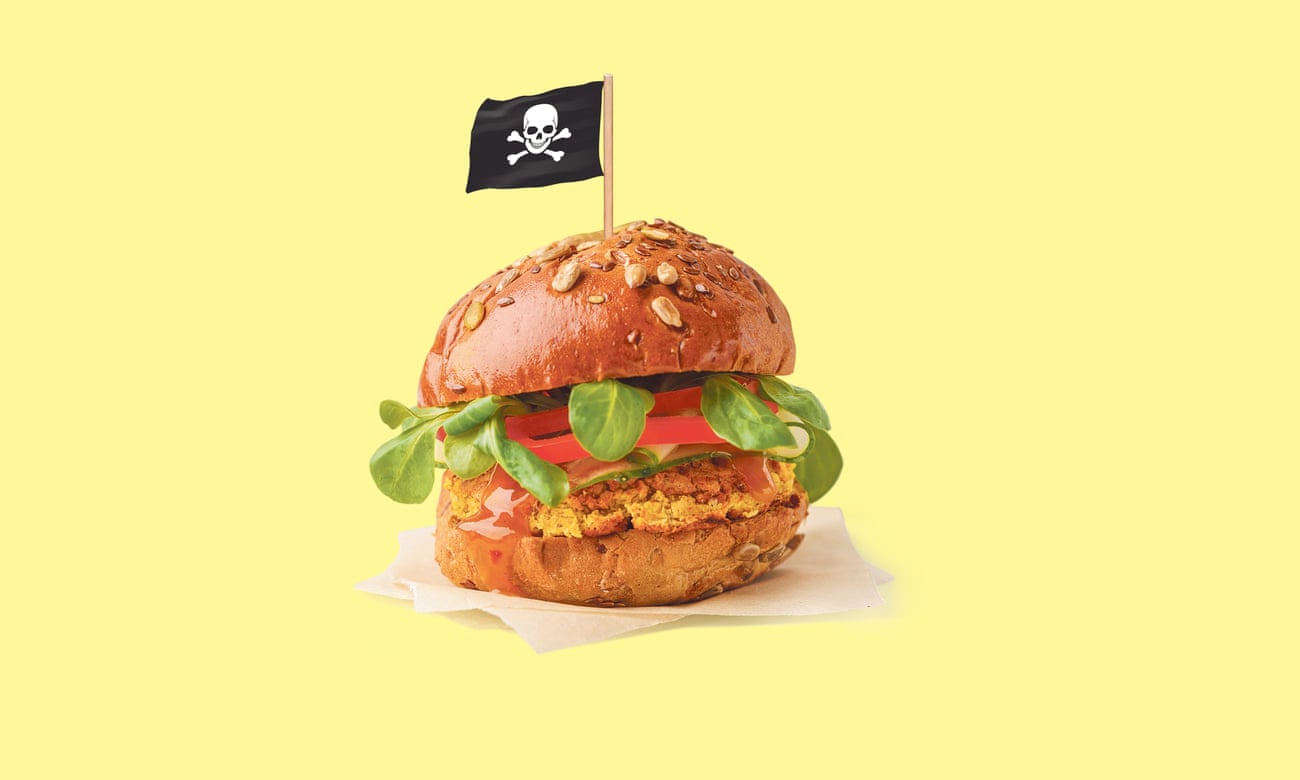


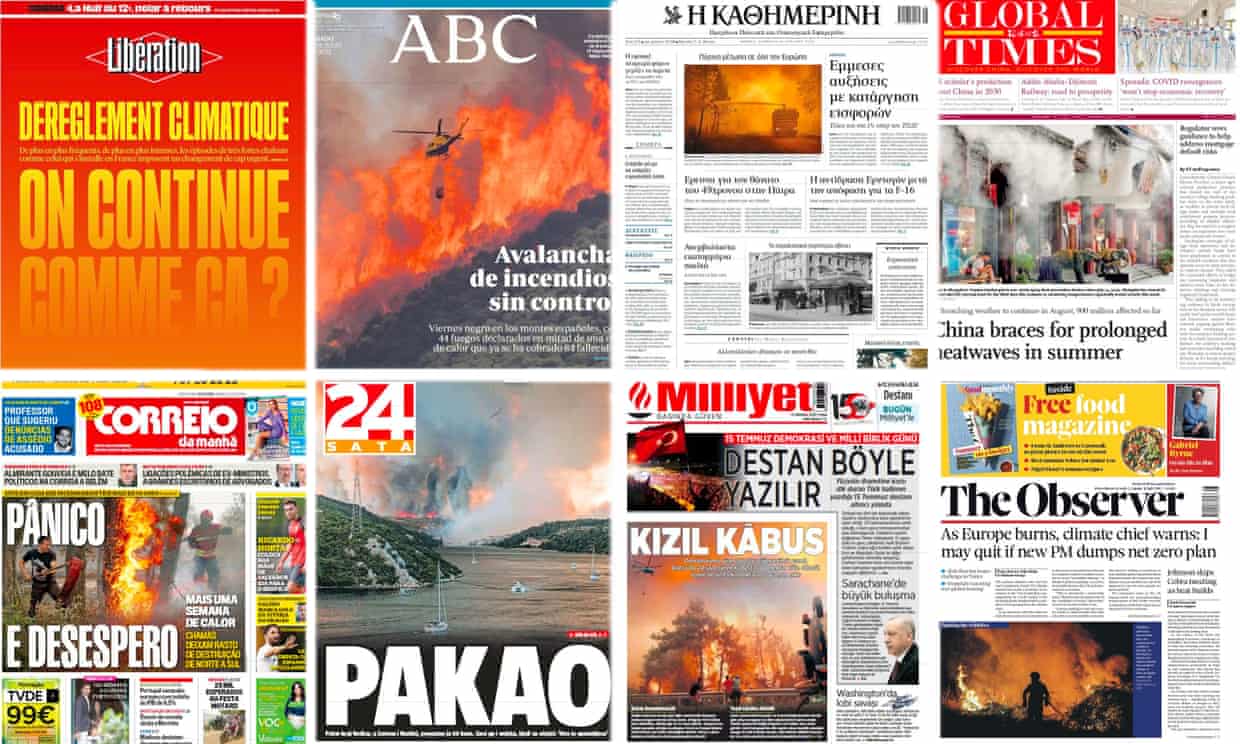


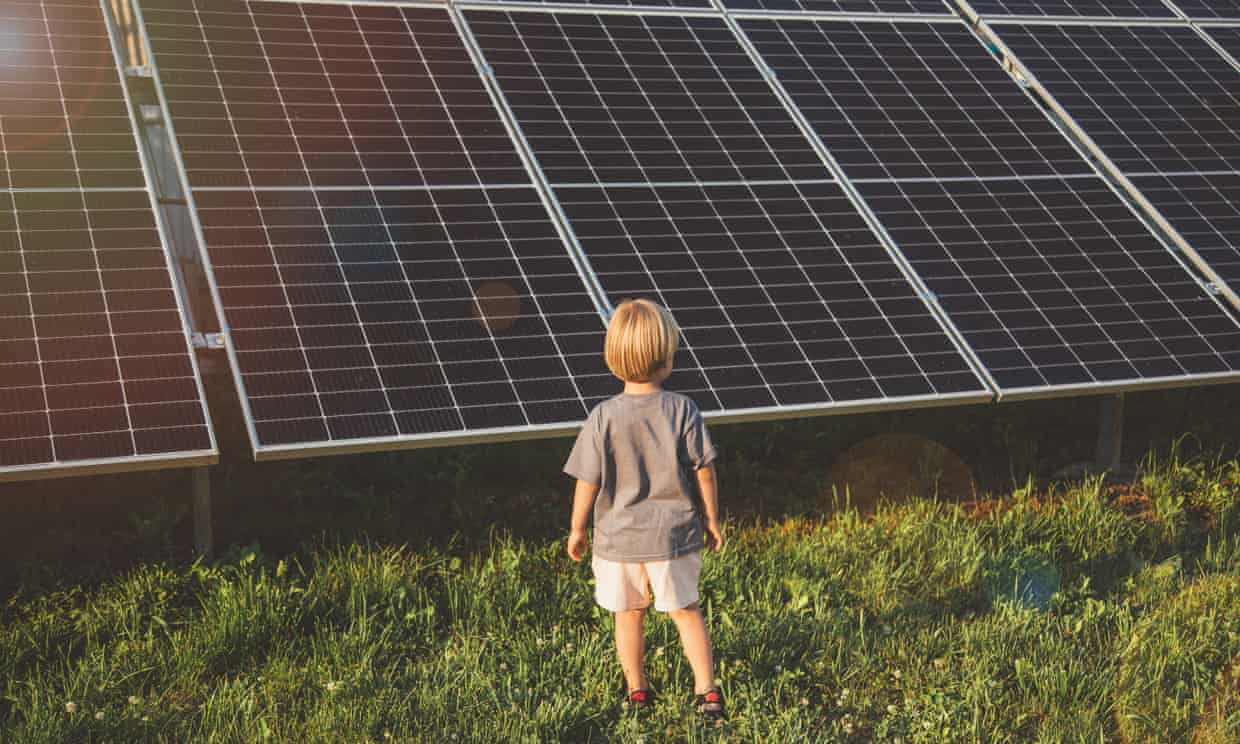
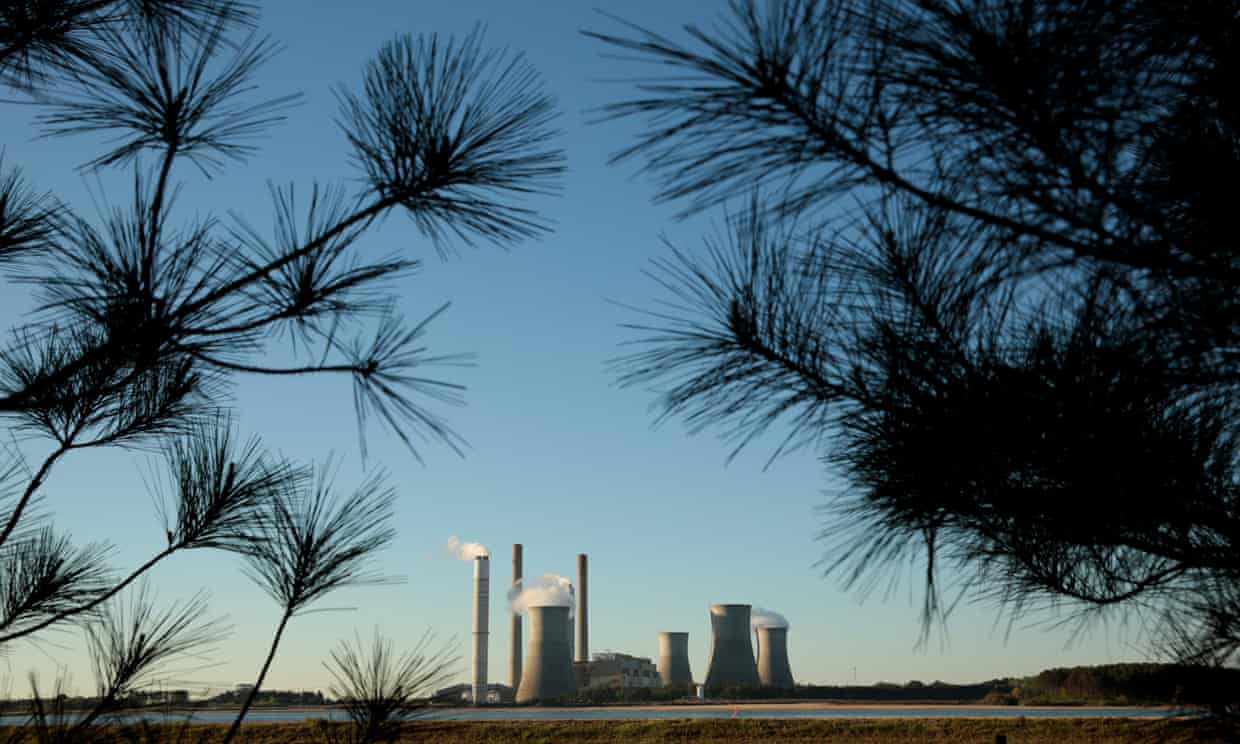
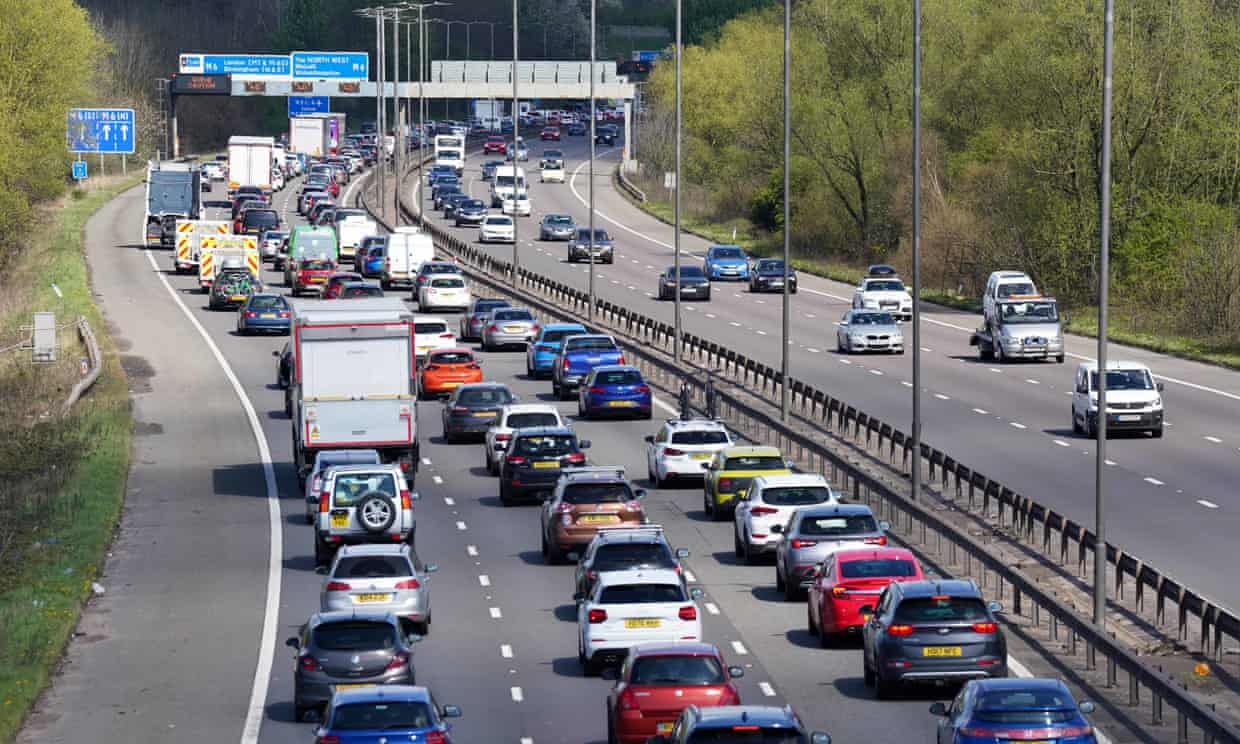

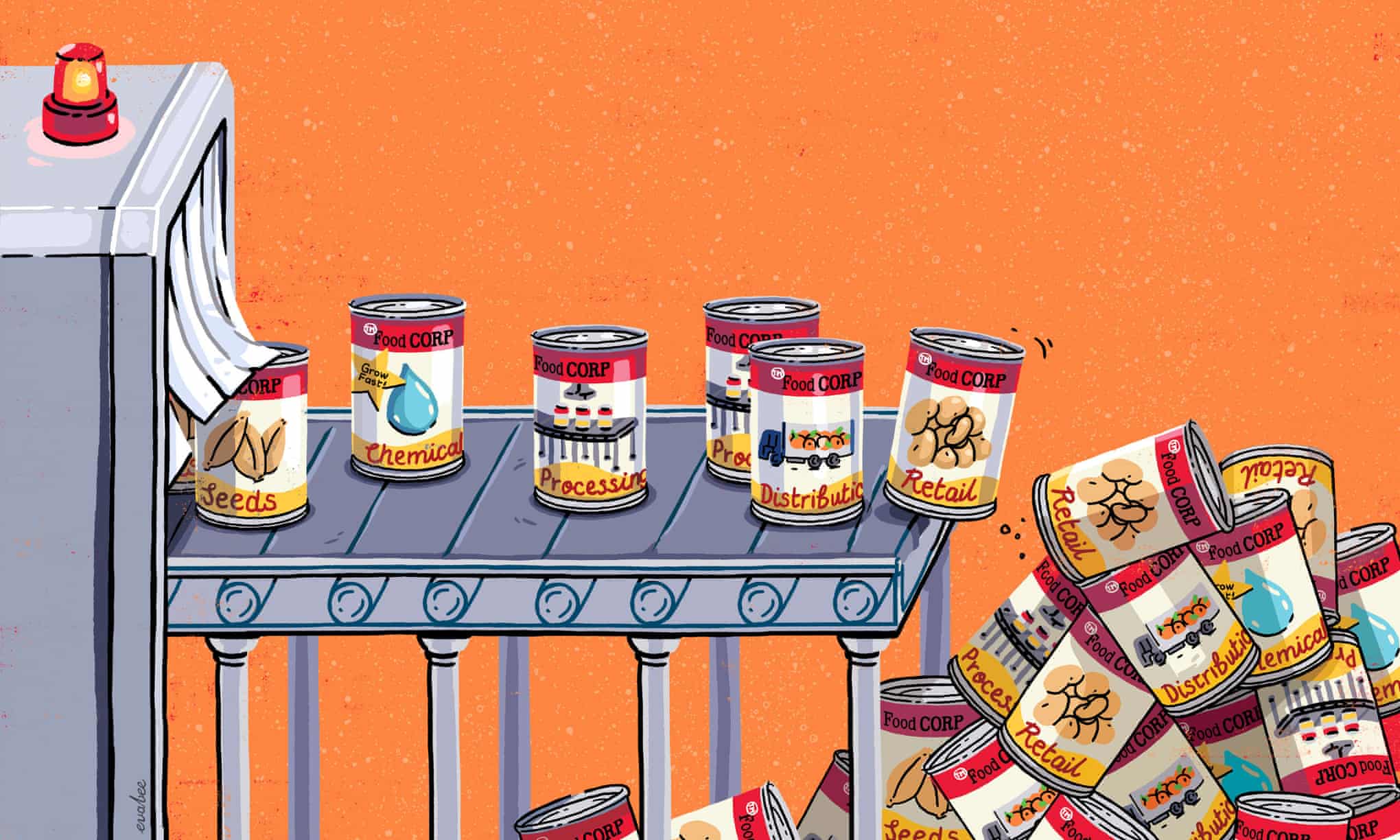
:max_bytes(150000):strip_icc():format(webp)/IATA-445df3147d6148e183733dea7c076902.jpg)